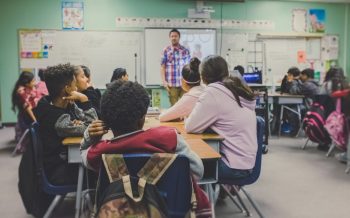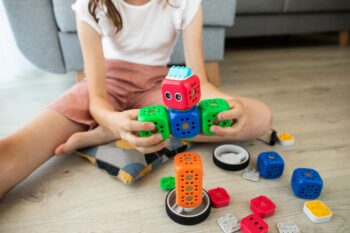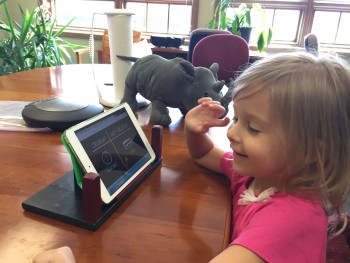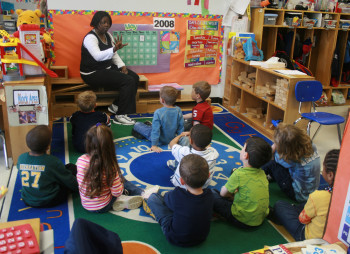Rockman et al Cooperative examines issues in science education across grade levels, disciplines, and learning environments, ranging from museums, to K-12 schools and universities, to summer camps and after-school programs. We have developed a strong reputation for providing research and evaluation in the area of informal learning initiatives in science, technology, engineering and math (STEM). Some of our recent work includes studies around climate and environmental science, astronomy, quantum physics, and computer science, and health and biosciences. Other STEM programs that we have examined are focused on teacher professional development, and mentorship programs for scientists to engage in outreach activities and science communication. Many of our STEM education projects utilize our expertise in media and technology. We have examined STEM learning in the context of websites, apps, public television and radio series, digital badge systems, 3-D movies and art education.
We customize evaluations for each project, and are knowledgeable about federal grant-funded initiatives. We also facilitate partnerships with educators, scientists and university faculty, and provide technical assistance to support self-evaluation and internal research. Please browse selected examples of our projects below to learn more about past work. We welcome the opportunity to discuss your project with you and to provide you with more information about our tailored services. Contact Us to schedule a free 30-minute Q&A session with a consultant.




